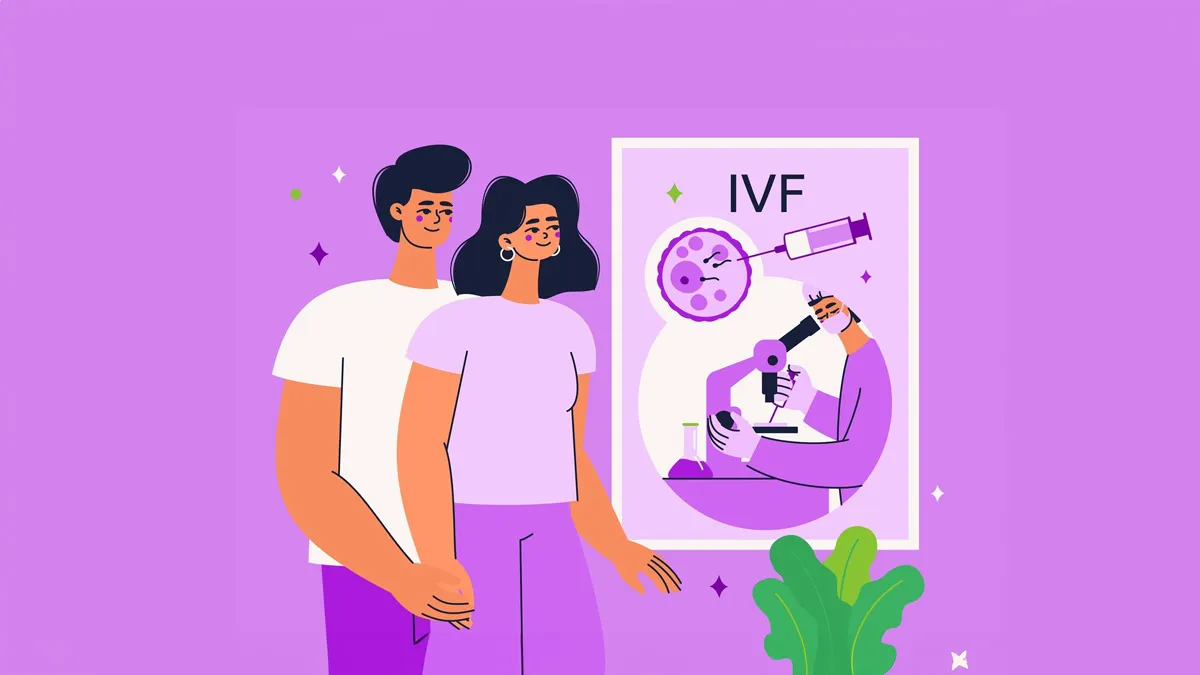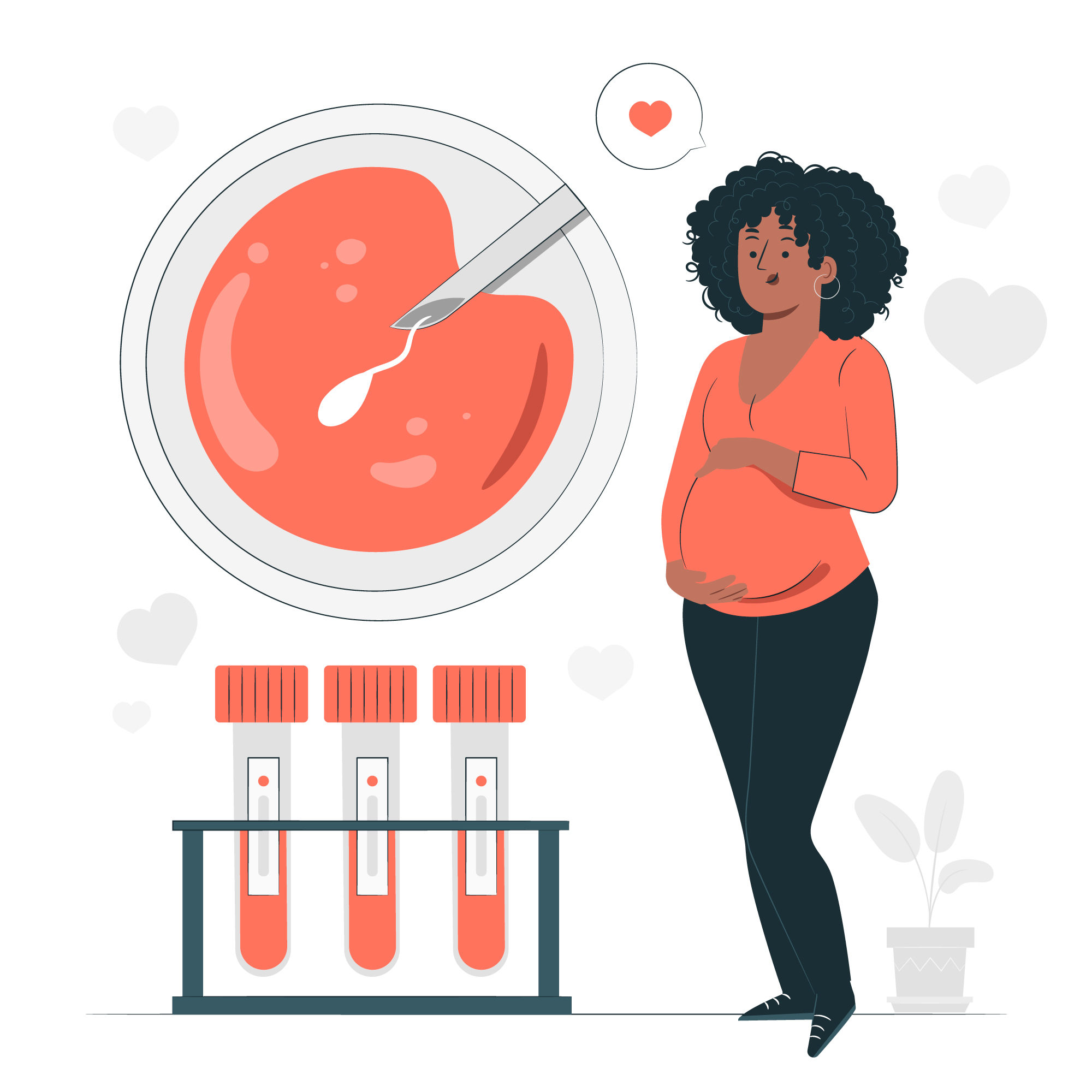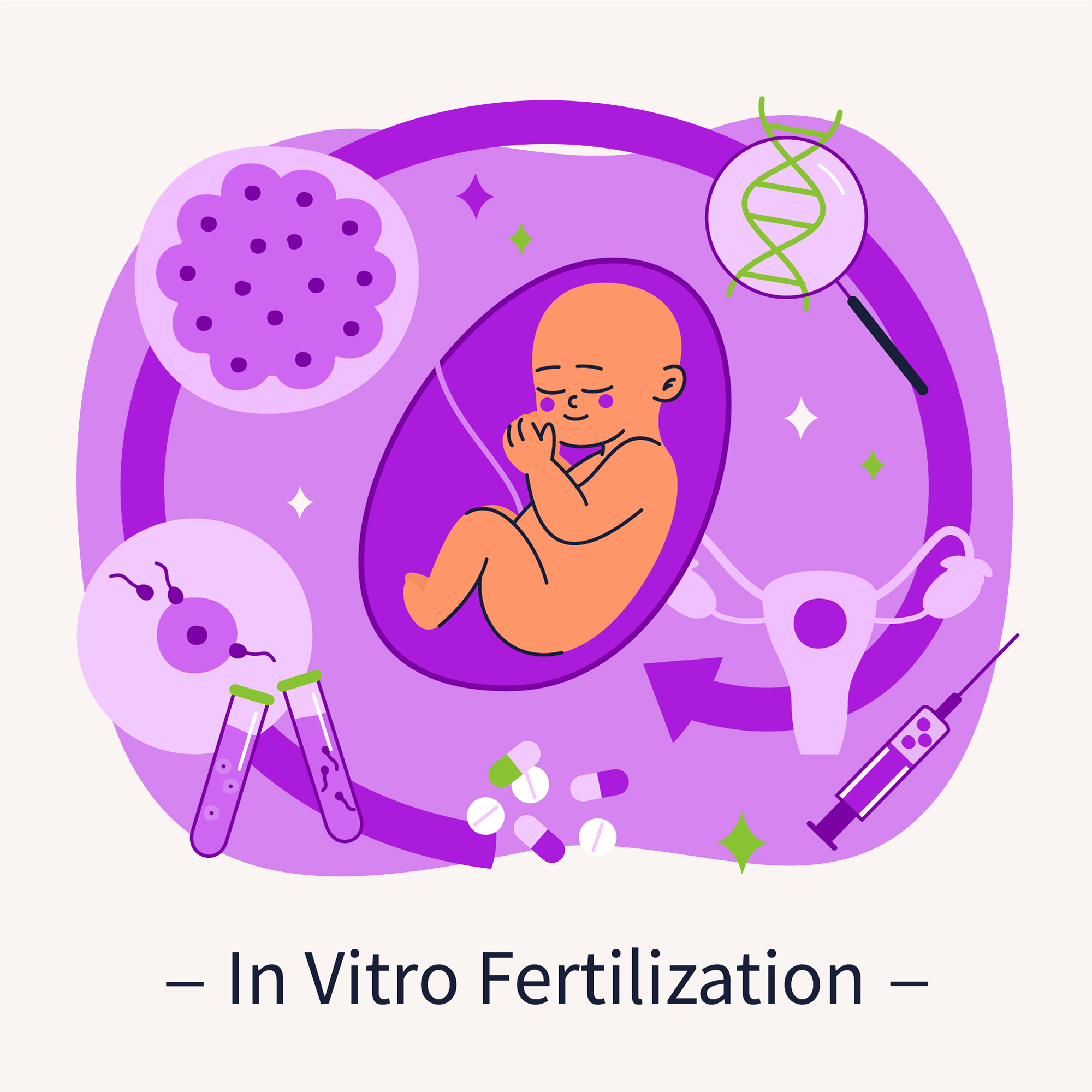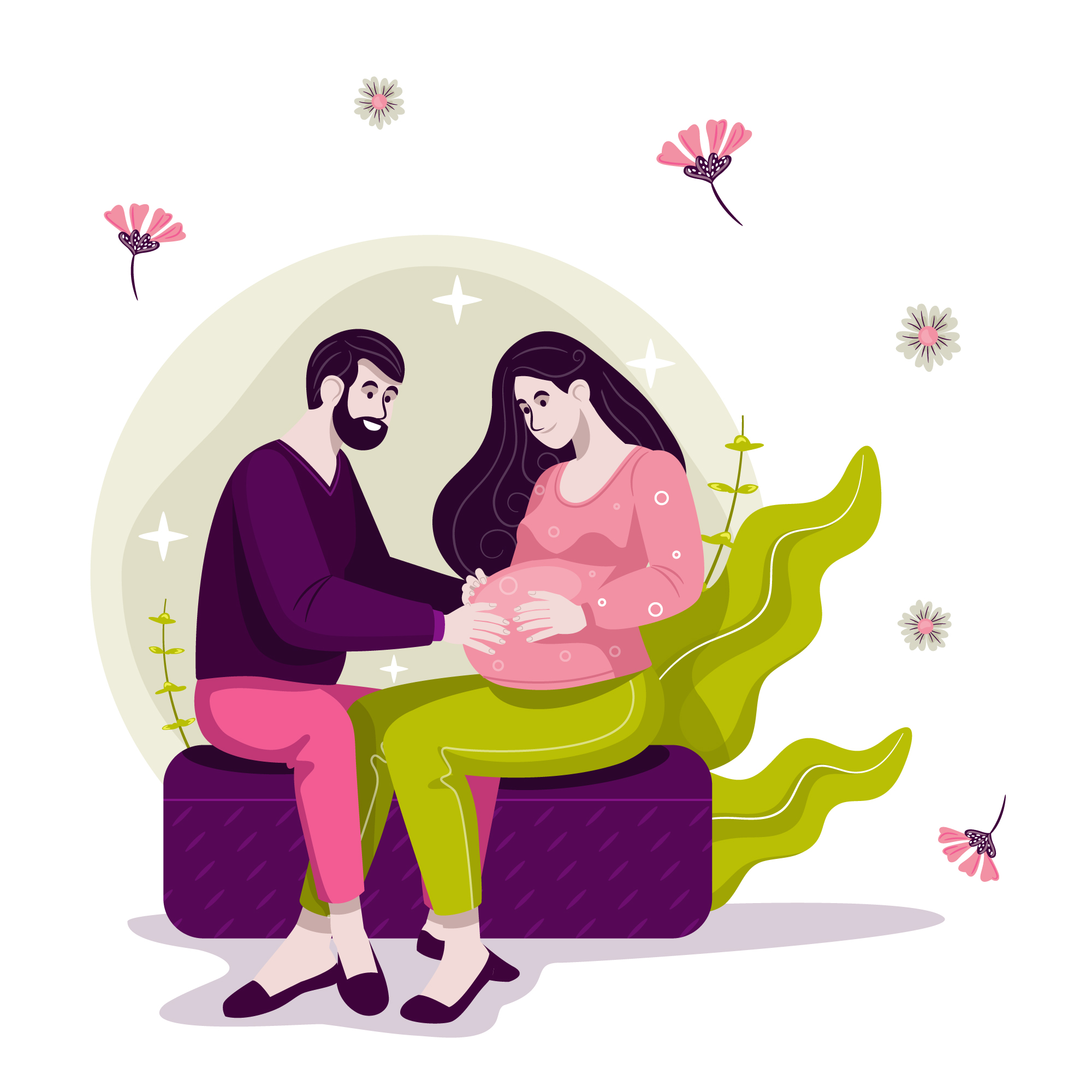
Planning To Go The IVF Way? 6 Safety Tips Every Couple Should Know
Embarking on the journey of In Vitro Fertilisation (IVF) is a deeply personal decision, often marked by a mix of hope and uncertainty. While medical science has made impressive strides in fertility treatment, the experience still requires more than just clinical expertise. Dr Kshitiz Murdia, Director & CEO of Indira IVF, shared some of the safety tips for couples going for IVF.
6 Safety Tips For Couple
Here are the safety tips every couple should know:
Start With The Right Foundation
Dr Kshitiz said, the first step in ensuring a safe and supported IVF experience begins with choosing the right fertility clinic and specialist. Look for a medical team that has a strong track record, transparent communication, and a compassionate approach to care. At the same time, understand and familiarise yourself with each stage of the treatment, learn about the risks and benefits, and ask questions whenever something feels unclear.
Prioritise Health And Lifestyle Adjustments
According to Dr Kshitiz, your physical health lays the foundation for how your body responds to IVF treatment. A well-balanced diet filled with fruits, vegetables, whole grains, lean proteins, and healthy fats helps regulate hormones and supports embryo development. Reducing processed foods, cutting back on added sugars, limiting alcohol and caffeine, and avoiding smoking are all important steps that can directly influence fertility and early pregnancy outcomes. He recommends incorporating light physical activity such as walking and ensuring restful sleep are equally important. However, during the stimulation phase and after the embryo transfer, intense workouts and heavy lifting should be avoided.
1
2
3
4

Follow Medication And Monitoring Protocols Closely
Dr Kshitiz highlighted that IVF relies on carefully timed medications that support egg development, prepare the uterus, and encourage implantation. Sticking to the prescribed schedule is critical. Never skip a dose or adjust the timing without checking with your care team first. If you experience side effects or feel uncertain about your medication, your doctor is the best person to guide you. Attending every scheduled appointment is just as important as taking your medications. These visits are required to monitor hormone levels, track the growth of follicles, and respond quickly to any changes.
Focus On Emotional Well-Being
IVF is an emotional experience that often brings moments of hope, fear, stress, and vulnerability. Ignoring your emotional needs can add unnecessary strain to an already demanding process. Make space to care for your mental health by building a support system that includes your partner, friends, family, or even a professional counsellor.

Don't Miss: Failed IVF Cycles: Reasons Behind The Heartbreaking Miss, Preventive Steps, And More
Respect The Recovery Phase
According to Dr Kshitiz, the period after embryo transfer is delicate and deserves your full attention to rest and gentle care. Give yourself permission to slow down, avoid physical stress, and if needed, take time off from work or daily responsibilities. Create a calm and peaceful environment that encourages your body to settle and allows the space it needs to accept the embryo and begin a new phase of life.

Know When To Seek Help
Mild physical symptoms such as bloating, fatigue, or mood swings are common during IVF. However, if you notice anything that feels severe or out of the ordinary, it is important to speak with your doctor immediately.
Don't Miss: Getting IVF Treatment? Expert Shares 5 Tips To Prepare Yourself Emotionally And Physically
Follow these tips for a safe and successful IVF journey.
Image Courtesy: Freepik
Also watch this video
Herzindagi video
1
2
3
4